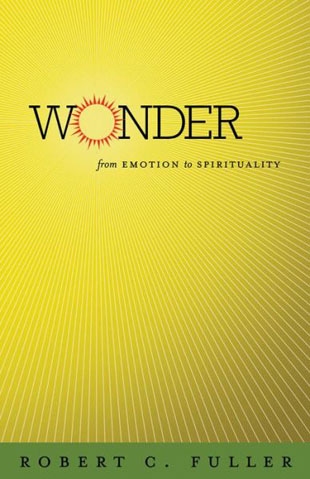"Wonder, like joy and interest, is characterized by its rare ability to elicit prolonged engagement with life. Experiences of wonder succeed in motivating creative and constructive approaches to life by imbuing the surrounding world with an alluring luster. Experiences of wonder enable us to view the world independent of its relationships to our own immediate needs. They thereby foster empathy and compassion. It is true that wonder per se is likely to issue in contemplation rather than immediate action. Yet, as we saw in the lives of Muir, James, and Carson, this is not to suggest that wonder leads to passivity or an evasion of moral responsibility. Their lives provide ample evidence that experiences of wonder pull into our own circle of concerns objects that would otherwise be of remote interest. As De Pascuale points out, an experience of wonder 'brings the world into relief and makes a person take life seriously. In wonder you realize that this is it. You have the opportunity to swim through the river of life rather than just float on it, to own your life rather than be owned by it.' Wonder alters perception in such a way that we are afforded a new chance to choose how to be — to become true individuals and true citizens of the universe. Assessed for their 'moral helpfulness,' then, experiences of wonder would seem uniquely capable of luring us into what Rachel Carson called a reverence for life.
"Experiences of wonder would thus seem to comport well with reasonable criteria for healthy and responsible living. Such experiences, moreover, often give rise to an enduring sensibility for an unseen order of life — a sensibility that also fares well when assessed for its immediate luminousness, philosophical reasonableness, and moral helpfulness. Of course, wonder alone cannot sustain productive relationships with the surrounding world over the long run. It is true that wonder doesn't mobilize perception or cognition in ways that conform to the requirements of physical survival. It is also true that we can efficiently go through life without delighting in experiences of wonder. Many people do. But it must also be emphasized that no other emotion so effectively induces us to pause, admire, and open our hearts and minds. No other emotion so readily kindles a reverence for life. And thus although you can surely go through life without a developed sense of wonder, it is equally true that a life shaped by wonder is attuned to the widest possible world of personal fulfillment."
